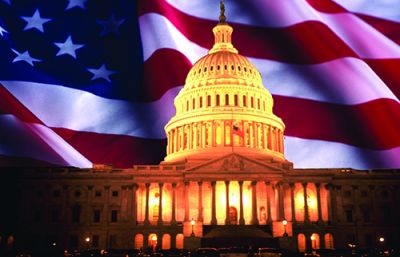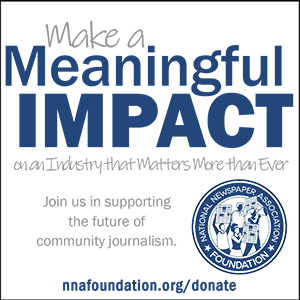Small Business Administration will give Paycheck Protection Program loans under $2 million a 'safe harbor'
Tonda Rush
May 13, 2020
And new House Bill may extend spending period under PPP
To receive a Paycheck Protection Program loan, the borrower has had to certify that current economic conditions make the loan necessary to support the continuation of operations. Much to-do has been made since the program began of large businesses that may have had legal standing to get the loans, but nonetheless, could be considered by later SBA auditors to have had access to other sources of support, such as corporate bonds.
Responding to public outcry, SBA has indicated it intends to scrutinize the certifications from borrowers more closely.
Today, SBA clarified that its audits of the certifications will be restricted to loans over $2 million. While this new guidance does not guarantee that SBA will not review smaller loans for other reasons, it may signify that SBA is relying on the banks that made the loans to assure that lenders are in compliance with the various PPP rules. SBA cites its “finite audit resources” as a reason for extending safe harbor to the smaller loans.
Borrowers that did receive more than $2 million will still be given the opportunity to justify its certification of need.
Separately, the House of Representatives Democrats yesterday introduced another stimulus bill, labeled the HEROES Act. It contains several provisions that NNA has sought, including an allowance to spend PPP dollars over a longer time period than the 8-week allowance in the CARES act.
Under the House bill, the deadline for spending PPP loan money would be the end of 2020. The bill also removes the 25% limitation that the Trump administration imposed upon the amount from loan proceeds that could be spent on non-payroll items. It also would allow newspapers in large groups with more than 500 employees to receive loans on the basis of the local employment complement.
The bill did not have a requirement to redirect federal advertising dollars to local media, as NNA had requested, and is silent on the question of permitting printing expenses to be paid with PPP dollars. However, a companion Senate bill is expected in coming days that may have a broader allowance for non-payroll expenditures.
The House bill is not expected to meet a welcome response in the Senate. More negotiations are ahead for the next spending package.









